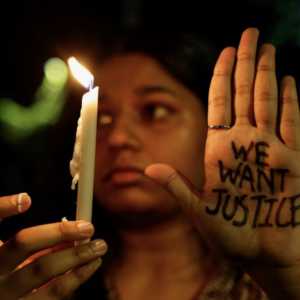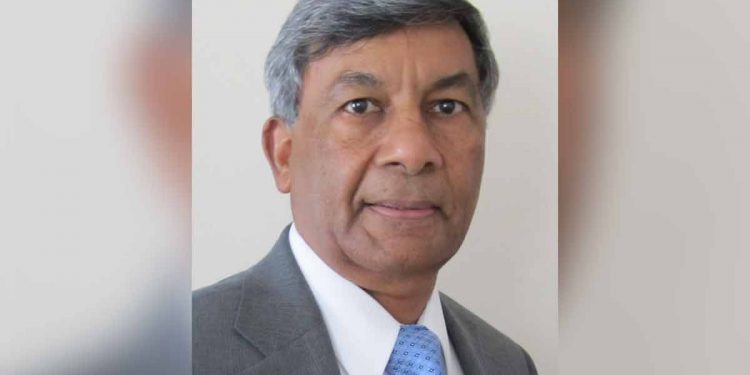
The Indian Diaspora Council International (IDC) expresses its strongest condemnation of the brutal rape and murder of a 31-year-old trainee doctor at the RG Kar Medical College and Hospital’s seminar hall in eastern Kolkata City, India, on August 9, 2024. This heinous crime, an act of violence against an innocent individual, is a stark reminder of the ongoing threat women face in India. IDC views this as a despicable and reprehensible act that cannot be tolerated. It is an unjustified criminal action directed at women, a gross violation of their fundamental human rights and safety.
This shocking incident has sparked protests in several cities, and medical workers in several cities across India demand better and safer working conditions. “There is outrage against this in the country. I can feel this outrage,” said India’s Prime Minister Narendra Modi during his Independence Day remarks. The Indian Medical Association (IMA) asked for public support in its “struggle for justice” and called the killing a “crime of barbaric scale due to the lack of safe spaces for women.” According to a 2021 report by the Indian Medical Association (IMA), one of India’s largest doctor associations, over 75% of the country’s doctors had faced some form of violence, with most of it being perpetrated by patients’ caregivers. These findings are corroborated by the National Crime Records Bureau, which reported 31,516 cases of rape in 2022, a 20% increase from the previous year.
 The prevalence of violence directed at healthcare workers in India poses a significant public health challenge with far-reaching consequences for patient care and economic growth. Contributing factors include inadequate security infrastructure within healthcare facilities, a culture that enables impunity for perpetrators, and a pervasive lack of respect for healthcare professionals. A multifaceted approach, encompassing improvements in security protocols, heightened public awareness campaigns emphasizing respect for healthcare workers, and robust legal frameworks for prosecuting offenders, is imperative. Further investigation is warranted to comprehensively elucidate the scope and nature of this issue, thereby facilitating the development of effective preventive and remedial interventions. The recent abhorrent crime underscores the pressing need for comprehensive overhauls within India’s law enforcement and judicial systems to ensure swift and stringent punishment for such heinous acts. Despite the implementation of some of the world’s most stringent anti-violence laws, India continues to grapple with the persistent problem of violence against women. The IDC calls for a prompt review and overhaul of existing systems to prevent future tragedies and establish a safer environment for all women in India.
The prevalence of violence directed at healthcare workers in India poses a significant public health challenge with far-reaching consequences for patient care and economic growth. Contributing factors include inadequate security infrastructure within healthcare facilities, a culture that enables impunity for perpetrators, and a pervasive lack of respect for healthcare professionals. A multifaceted approach, encompassing improvements in security protocols, heightened public awareness campaigns emphasizing respect for healthcare workers, and robust legal frameworks for prosecuting offenders, is imperative. Further investigation is warranted to comprehensively elucidate the scope and nature of this issue, thereby facilitating the development of effective preventive and remedial interventions. The recent abhorrent crime underscores the pressing need for comprehensive overhauls within India’s law enforcement and judicial systems to ensure swift and stringent punishment for such heinous acts. Despite the implementation of some of the world’s most stringent anti-violence laws, India continues to grapple with the persistent problem of violence against women. The IDC calls for a prompt review and overhaul of existing systems to prevent future tragedies and establish a safer environment for all women in India.
– Dr. Nicole Bissessar, Director of Community Cultural Affairs, Indian Diaspora Council.


































































